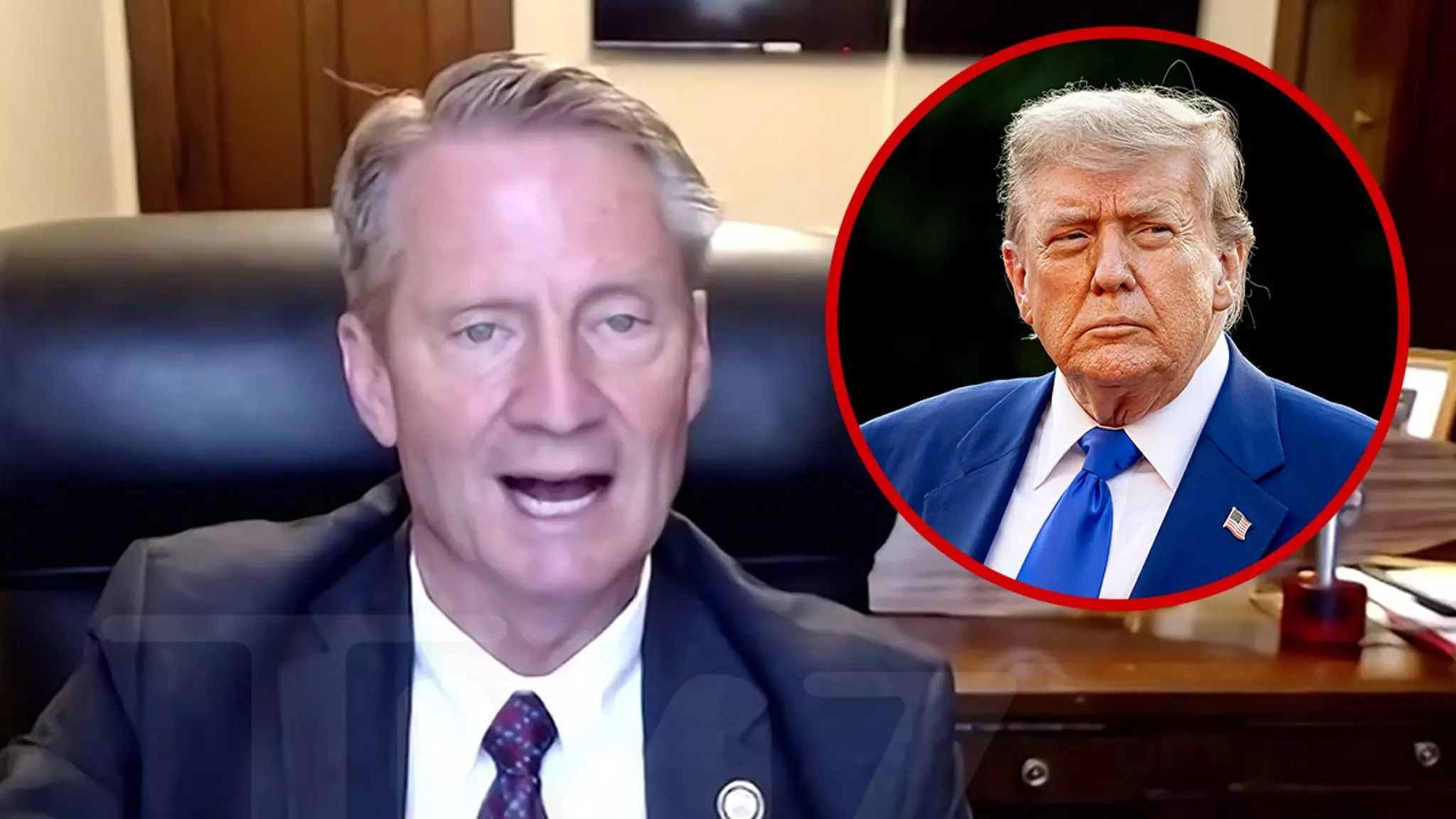The controversy surrounding Jeffrey Epstein’s scandalous files has become a symbol of broader societal frustrations with power, secrecy, and justice. Congressman Tim Burchett’s stance illuminates an essential truth: the public’s demand for transparency must be balanced with the sensitive realities faced by victims. While some advocate for an outright release of all documents, Burchett suggests that a more nuanced approach — potentially involving a special prosecutor — is necessary to avoid exacerbating harm or misjudging complex situations. It’s a recognition that these files are not just files; they contain unresolved trauma, sensitive information, and potentially damaging allegations that could destroy lives if mishandled.
What strikes me about this perspective is the acknowledgment that protecting victims’ dignity is fundamental, even amid relentless public pressure. The challenge lies in defining what constitutes the right balance. Transparency isn’t merely about unveiling secrets; it’s about doing so responsibly, ensuring that justice serves its true purpose without becoming a tool for sensationalism or political gain.
Power, Politics, and Public Accountability
The political landscape surrounding Epstein’s case reveals a disturbing pattern: powerful individuals seek to control narratives, often at the expense of truth. President Trump’s reluctance to fully release Epstein’s files exemplifies this—a mix of political caution, fear of collateral damage, and perhaps self-preservation. Burchett’s commentary indicates a frustration with this approach; he perceives it as a suppression of truth that seeks to placate political factions rather than serve justice.
However, Burchett’s stance also demonstrates a commendable independence. He emphasizes that personal or political consequences do not outweigh the importance of making genuine progress in uncovering the truth. His remark about being beholden to “a higher power” suggests integrity—claiming his allegiance to justice rather than political expediency. This stance, although seemingly idealistic in a landscape riddled with corruption and influence, underscores an essential principle: leaders must prioritize accountability over political comfort.
The interference of powerful figures defending Epstein’s secrecy exposes a critical vulnerability within democratic systems. When truth becomes hostage to influence, public trust diminishes. Burchett’s advocacy for the Department of Justice to advance this case reflects a desire for institutional integrity rather than short-term political wins.
Moving Toward Genuine Justice
This situation underlines an urgent need for systemic reform and a sincere commitment to justice. The idea of appointing a special prosecutor is compelling because it offers a way to break through bureaucratic inertia and partisan blockades. It suggests that justice should be independent of political swings, especially in cases involving high-profile figures and sensitive information.
At the heart of this issue is a larger question: How do we ensure that justice isn’t just a political tool but a genuine pursuit? Burchett’s remarks imply that transparency and accountability are not incompatible with compassion. Instead, they should inform a process rooted in integrity, one that recognizes victims as more than just casualties of political games.
While some may argue that releasing every document could cause chaos or harm innocent lives, a strategic, well-managed disclosure could serve as a turning point for societal trust. It’s not about scorched-earth revelations but about revealing enough to demonstrate accountability without retraumatizing those involved.
Ultimately, this case exemplifies a broader struggle in modern governance—balancing transparency with the delicate realities of trauma, influence, and power. Progress requires courage from elected officials who refuse to be swayed by pressure and instead prioritize justice’s long-term integrity over fleeting political gains. Only then can society move closer to true accountability and restore faith in the mechanisms designed to serve justice.

